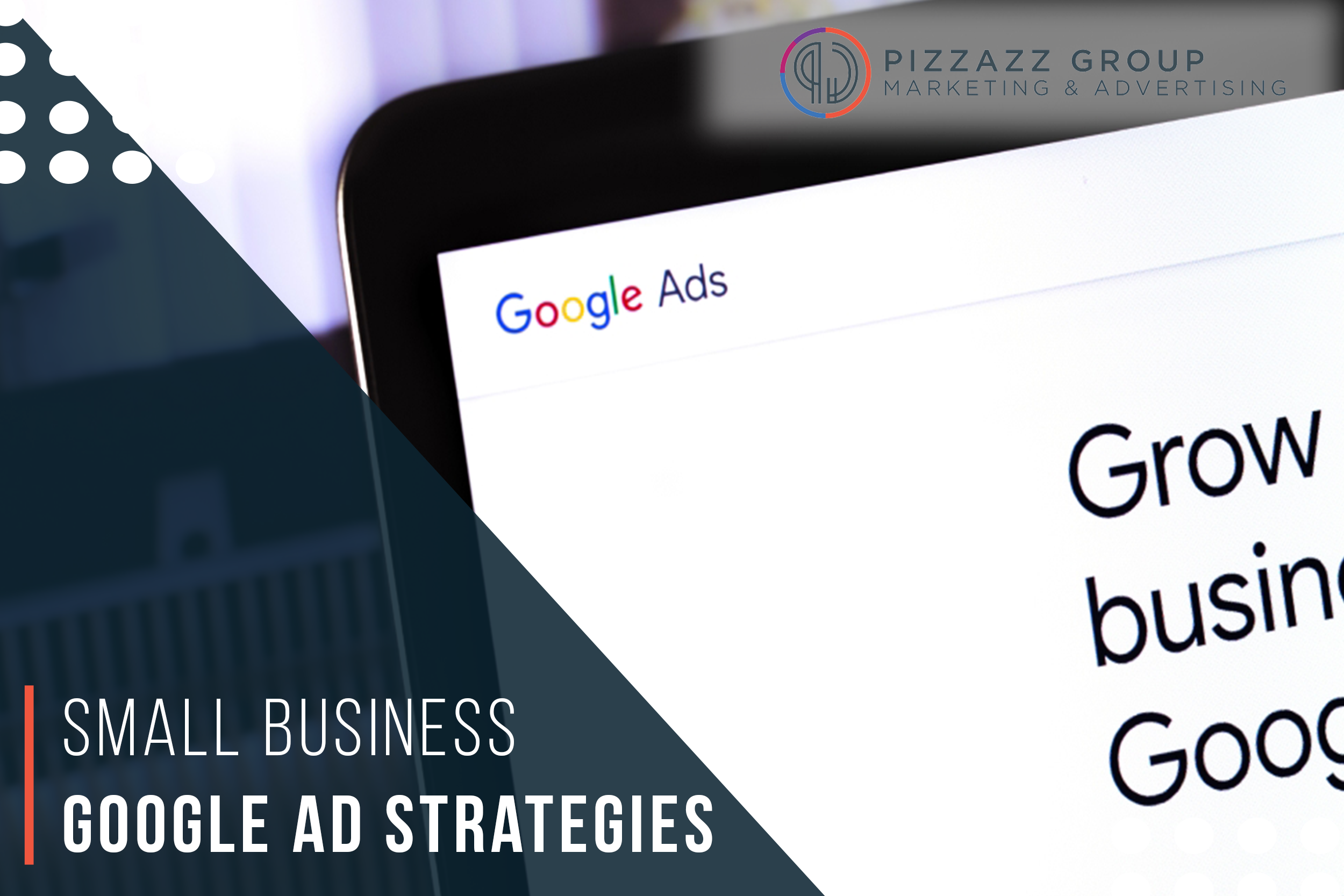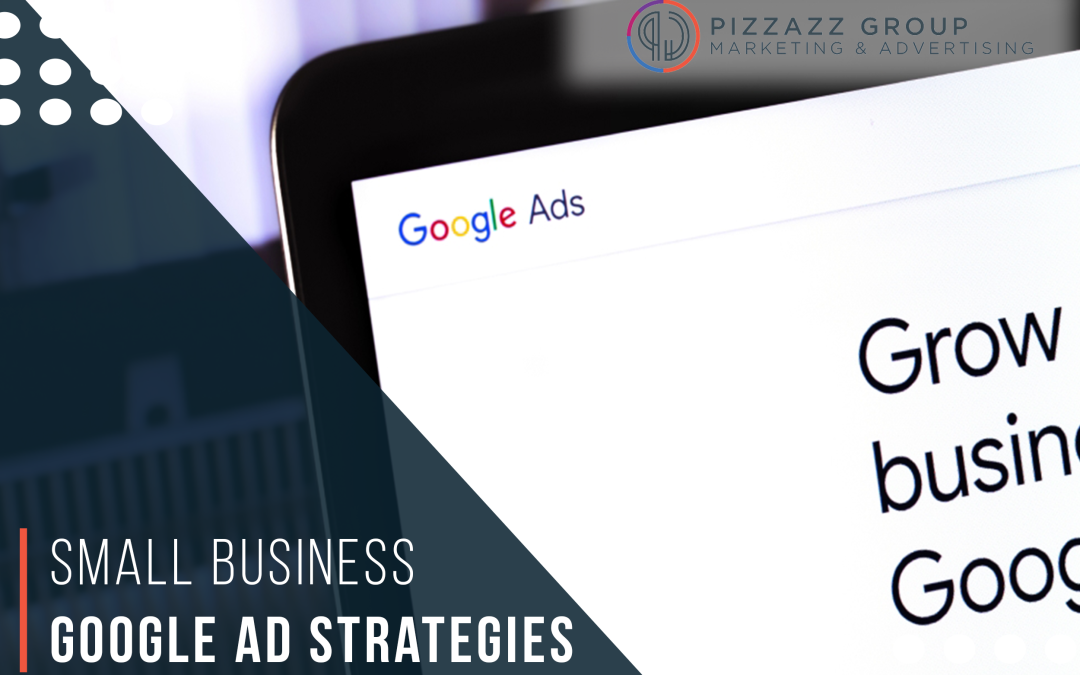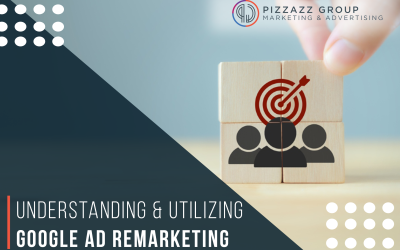
With its targeting capabilities and variety of effective ad formats, Google Ads offers small businesses the opportunity to compete on a level playing field with larger competitors. However, maximizing return on investment (ROI) requires a small business Google Ads strategic approach tailored to the unique needs and goals of small businesses. This comprehensive guide explores essential Google Ad strategies specifically designed for small businesses, covering key tactics, optimization techniques, budget management tips, and real-world examples to illustrate their effectiveness.
Why Google Ads for Small Businesses?
Small business Google Ads provide several distinct advantages:
With its targeting capabilities and variety of effective ad formats, Google Ads offers small businesses the opportunity to compete on a level playing field with larger competitors. However, maximizing return on investment (ROI) requires a small business Google Ads strategic approach tailored to the unique needs and goals of small businesses. This comprehensive guide explores essential Google Ad strategies specifically designed for small businesses, covering key tactics, optimization techniques, budget management tips, and real-world examples to illustrate their effectiveness.
Why Google Ads for Small Businesses?
Small business Google Ads provide several distinct advantages:

1. Targeted Reach: Reach potential customers who are actively searching for products or services related to your business.
2. Cost-Efficiency: Pay-per-click (PPC) model ensures you only pay when users click on your ads, making it cost-effective compared to traditional advertising methods.
3. Measurable Results: Track and measure performance metrics in real-time to optimize campaigns and maximize ROI.
4. Flexibility and Control: Set your own budget, adjust bids, and target specific audience segments based on demographics, interests, and behaviors.
5. Competitive Edge: Compete with larger businesses by leveraging targeted ads and optimizing campaign performance.
Essential Google Ad Strategies for Small Businesses
1. Define Clear Campaign Objectives
• Identify Goals: Determine specific goals such as increasing website traffic, generating leads, driving online sales, or promoting brand awareness.
• Target Audience: Define your target audience based on demographics, location, interests, and buying behavior to ensure ad relevance.
2. Conduct Thorough Keyword Research
• Keyword Selection: Use Google Keyword Planner or other tools to identify relevant keywords with high search volumes and low competition.
• Long-Tail Keywords: Target long-tail keywords that are more specific and have higher intent to convert, often at a lower cost-per-click (CPC).
3. Create Compelling Ad Copy
• Clear Messaging: Craft clear and compelling ad copy that highlights unique selling propositions (USPs), benefits, and calls-to-action (CTAs).
• Ad Extensions: Utilize sitelink extensions, callout extensions, and structured snippets to provide additional information and enhance ad visibility.
4. Optimize Landing Pages
• Landing Page Alignment: Ensure landing pages align with ad messaging and offer a seamless user experience.
• Call-to-Action: Include a clear and prominent call-to-action (CTA) that directs users towards the desired action, such as making a purchase or filling out a contact form.
5. Implement Conversion Tracking
• Track Conversions: Set up conversion tracking to measure valuable actions taken by users after clicking on your ads, such as purchases, sign-ups, or downloads.
• Goal Setting: Define specific conversion goals and monitor performance metrics to gauge campaign effectiveness.
6. Utilize Geo-Targeting
• Local Targeting: If your business serves a specific geographic area, use geo-targeting to display ads to users within your target location.
• Local Keywords: Incorporate local keywords and location-based ad copy to attract nearby customers searching for your products or services.
7. Leverage Remarketing
• Retargeting Campaigns: Re-engage users who have previously visited your website or interacted with your ads but did not convert.
• Dynamic Remarketing: Display personalized ads featuring products or services that users viewed on your site to encourage return visits and conversions.
Budget Management Tips for Small Businesses
• Start Small: Begin with a modest budget and gradually scale up based on campaign performance and ROI.
• Monitor Spending: Regularly review ad spend and adjust budgets based on performance metrics and business objectives.
• Focus on ROI: Allocate budget to campaigns and keywords that drive the highest return on investment and adjust bids accordingly.
Real-World Examples of Successful Small Business Google Ad Campaigns
1. Auto Dealership
• Strategy: Conducted keyword research to target fashion-conscious shoppers. Created visually appealing ads with seasonal promotions and dynamic remarketing for abandoned cart recovery.
3. Accounting Firm
Conclusion
Continuously monitor campaign performance, experiment with different strategies, and adapt to evolving market trends to maintain competitive advantage. With a strategic approach to Google Ads, small businesses can attract targeted traffic, convert leads into customers, and achieve sustainable success in their respective industries.
For more information on Paid Search Advertising (PPC) / Google Ads for your business, contact Pizzazz Group at customer@pizzazzgroup.com or by calling (614) 350-1681.
Related Paid Search Advertising (PPC) / Google Ad Blogs
Writing Effective Google Ad Copy That Converts
Crafting effective ad copy can capture attention and compel users to take action. This comprehensive guide will provide strategies, best practices, and tips for writing Google ad copy that not only attracts clicks but also converts those clicks into valuable leads or...
Analyzing Google Ad Performance
In the realm of digital marketing, Google Ads remains a cornerstone for businesses aiming to reach their target audience effectively. However, merely running ads is not enough to ensure success. Analyzing Google Ad performance is essential to understand how well your...
Understanding And Utilizing Google Ad Remarketing
Google Ad Remarketing stands out as a powerful strategy to reconnect with users who have previously interacted with your website or mobile app. Also known as retargeting, this technique allows advertisers to reach potential customers who have shown interest in their...





